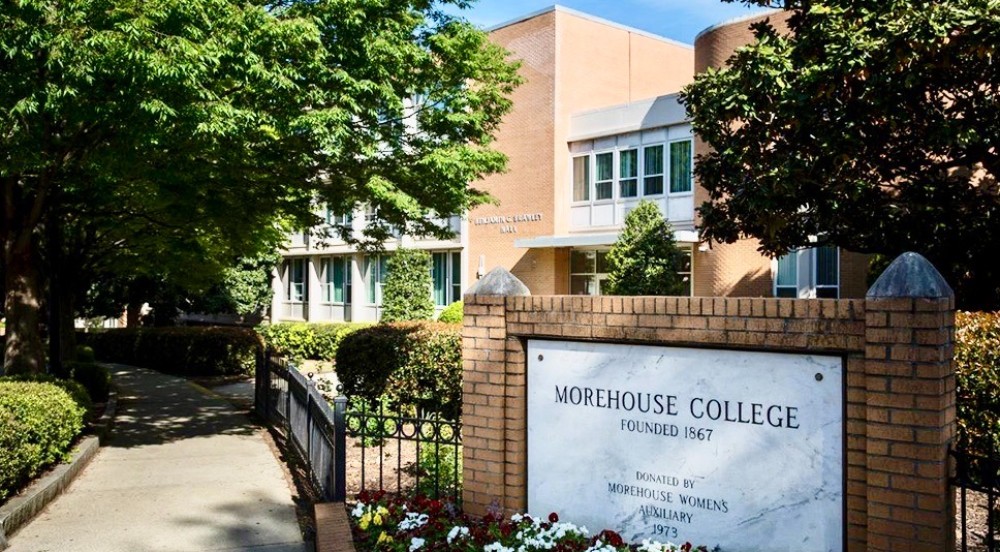Historically Black colleges and universities have been a cornerstone in the Black community for more than a century, but funding for these institutions continues to be instrumental to their viability. Past administrations have earmarked millions of federal dollars for these schools. The Biden Administration is hoping to increase that dollar amount while also offering incentives to students, alumna, and prospective HBCU interests.
For HBCUs to reap the full benefits of the Biden proposal, it’s imperative that the U.S. Senate pass the Build Back Better Act. It’s why several HBCU presidents have come together to appeal to the members of the congressional body. Addressed to Senate Majority Leader Chuck Schumer and Minority Leader Mitch McConnell, an open letter released this week reads “We, the undersigned Presidents and Chancellors of America’s Historically Black Colleges & Universities (HBCUs), write to strongly encourage you to join the House of Representatives in supporting the Build Back Better legislation, which will take a critically necessary step toward addressing the historic disparities in funding and support for HBCUs.”
The letter pointed to the educational excellence these schools provide and the ability for funding to reach some of the country’s most vulnerable populations as to reasons why the passage of this measure is so critical. HBCUs currently graduate 20 percent of all African American students and numerous studies have documented their economic impact on the nation. A 2021 McKinsey report suggests that increased funding for HBCUs could improve Black worker incomes by roughly $10 billion in addition to strengthening the economy with $1.2 billion in incremental business profit, $300 million in decreased student-loan debt, and $1 billion in additional consumer expenditures.
“Though we have all persevered and continue to provide high-quality, low-cost education for ALL, the trend of financial inequity is ultimately unsustainable for what we believe are some of the nation’s most important institutions of higher education,” the aligned HBCU presidents write. Build Back Better is expected to invest $10 billion for HBCUs, Hispanic-serving institutions (HSIs), and Minority-serving institutions (MSIs) to build greater institutional capacity. This includes a $6 billion increase in the mandatory programs at the Department of Education under Titles III and V. Another $4 billion is provided for research and infrastructure development through competitive program grants.
Last month, Dr. Tony Allen, President of Delaware State University, and Chair of the President’s Board of Advisors on HBCU told EBONY that HBCU presidents were “all quite pleased with what is happening now,” pertaining to the interest that the Administration has shown toward HBCUs. “I think, as we look forward to the infrastructure bill that that is an addition, an add, not a subtraction,” Allen said. “And if it does go through, there'll be another significant step of support for HBCUs in the places where we need it most—capital infrastructure, tuition subsidies, all those things that are important to making sure that our institutions are competitive and keeping up with the contemporary times.”
It’s now time for the Senate to get in lockstep with the plan already set forth by the administration. “We encourage the Senate to enact swift passage of the Build Back Better plan,” urge the more than 50 presidents who signed the letter. “The time to act is now.”













